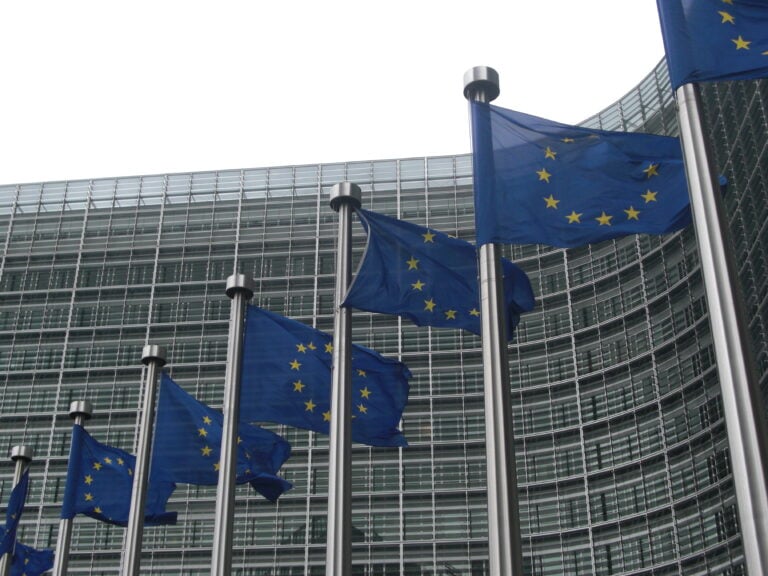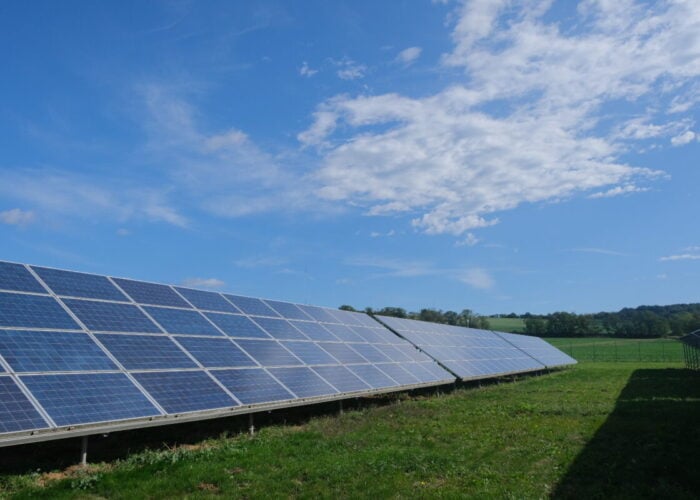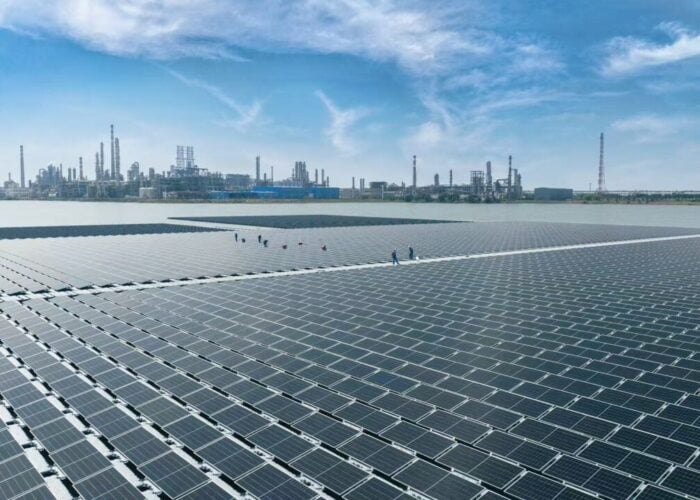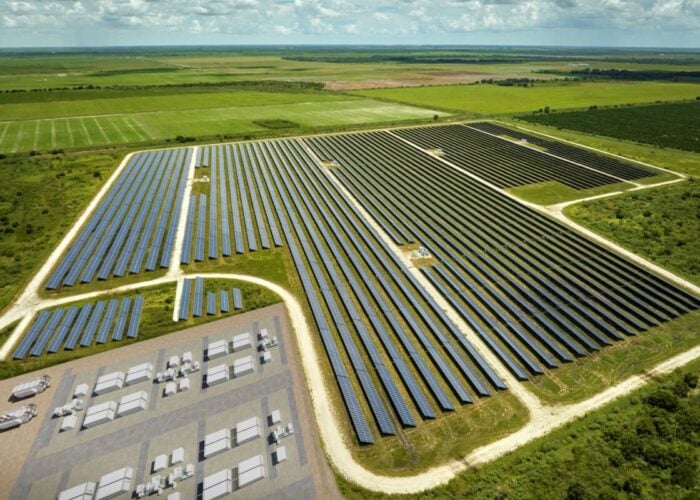
EU member states blocked a proposed directive this week (28th Feb) requiring companies to audit their supply chains for forced labour or environmental damage. The proposal would have likely been consequential for the solar PV industry, which is plagued by allegations of forced labour in the production of polysilicon and other upstream components.
The Corporate Sustainability Due Diligence Directive (CSDDD) faced opposition led by Germany’s Free Democratic Party (FDP), Reuters reported on Wednesday, and failed to get the “qualified majority” of 15 votes needed to pass. The directive would then have gone to a vote in the European Parliament.
Unlock unlimited access for 12 whole months of distinctive global analysis
Photovoltaics International is now included.
- Regular insight and analysis of the industry’s biggest developments
- In-depth interviews with the industry’s leading figures
- Unlimited digital access to the PV Tech Power journal catalogue
- Unlimited digital access to the Photovoltaics International journal catalogue
- Access to more than 1,000 technical papers
- Discounts on Solar Media’s portfolio of events, in-person and virtual
The CSDDD is designed to come into force in 2027 and would apply to EU companies with over 500 employees and a net worldwide turnover of €150 million (US$162 million). It would require companies to audit their own supply chains and report to nationally appointed authorities, which would be supervised by the European Commission.
According to Reuters’ reporting, the FDP said that the CSDDD would burden businesses with excessive bureaucracy.
Solar supply chains
In a response to an enquiry from PV Tech for this story, Anett Ludwig, head of supply chains at PV trade association SolarPower Europe, said: “We would urge member states to land a deal within this mandate. The CSDDD will help ensure legislative coherence with the Forced Labour Ban. These are key tools in upholding European sustainability values. In addition, companies need legislative certainty to effectively and efficiently manage their compliance requirements.”
The Forced Labour Ban was proposed and approved by EU committees last October, but is yet to be passed into law.
In recent weeks, some members of the European solar PV industry have called for greater legislative attention to be paid to alleged forced labour in the solar supply chain – specifically, the alleged exploitation of the Uyghur Muslim community in Xinjiang province, China.
Last month the European Solar Manufacturing Council (ESMC) – whose members include Norwegian solar wafer producer Nexwafe, US thin film cadmium telluride (CdTe) module manufacturer First Solar and Swiss solar manufacturer Meyer Burger – held a conference at which speakers called on the EU to ban any products from entering its market which could not prove that their supply chains were free from any forced labour.
The event called for a ‘reversal of the burden of proof’ whereby exporting companies would need to prove that their supply chains are clean, rather than the importing government. This principle underpins the US’ Uyghur Forced Labour Prevention Act (UFLPA), and the CSDDD would seemingly implement a similar framework.
The UFLPA led to around 2GW worth of solar module shipment delays in 2022, according to US customs.
Data shows that around 35% of the world’s polysilicon is produced in Xinjiang province, and speakers at the ESMC event last month claimed that there were “no valid means” for companies to effectively investigate conditions in the region, either in terms of labour practises or environmental impact.







